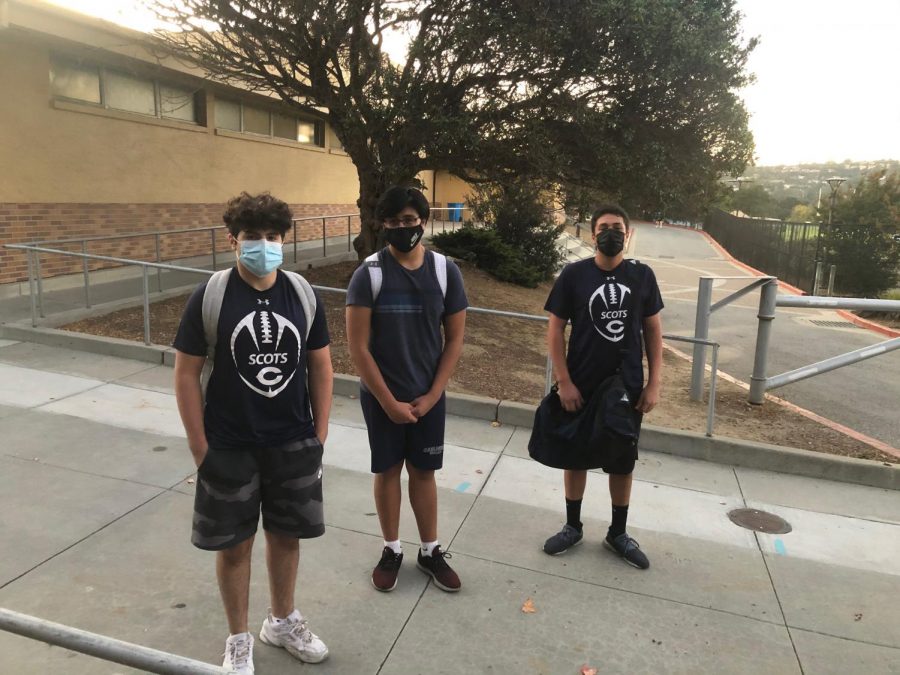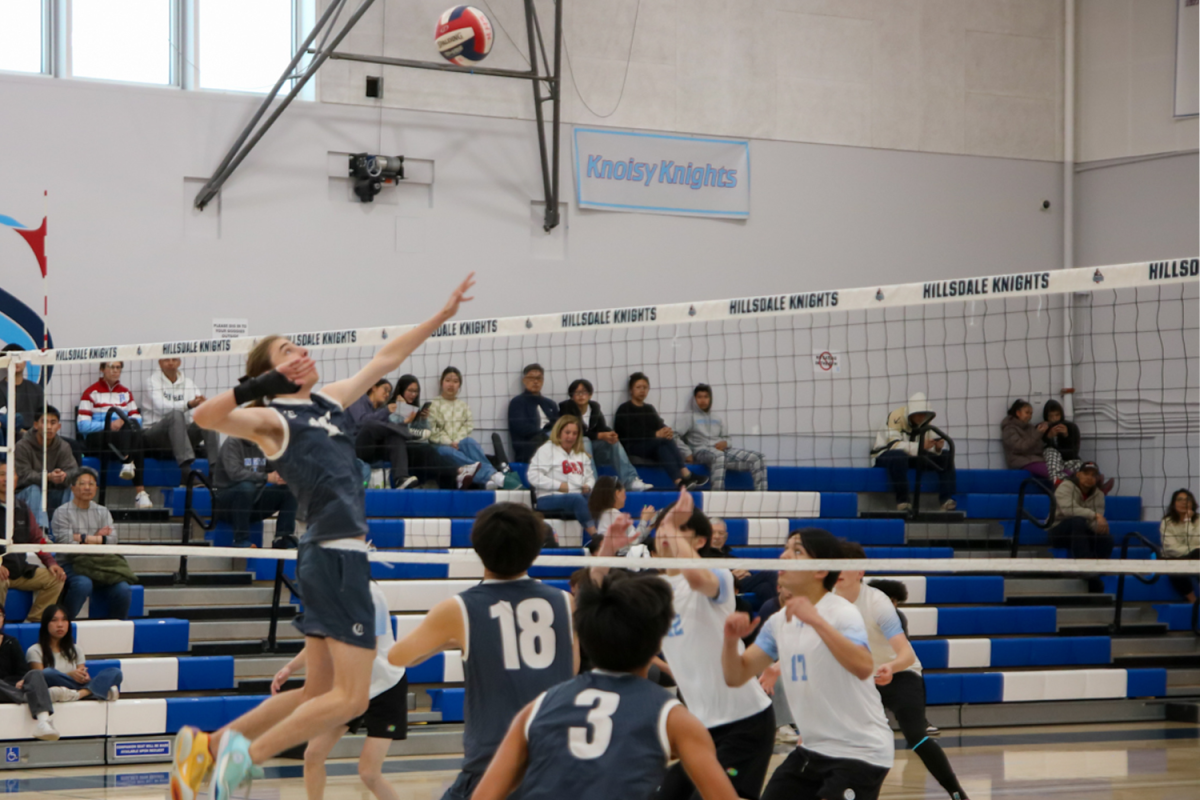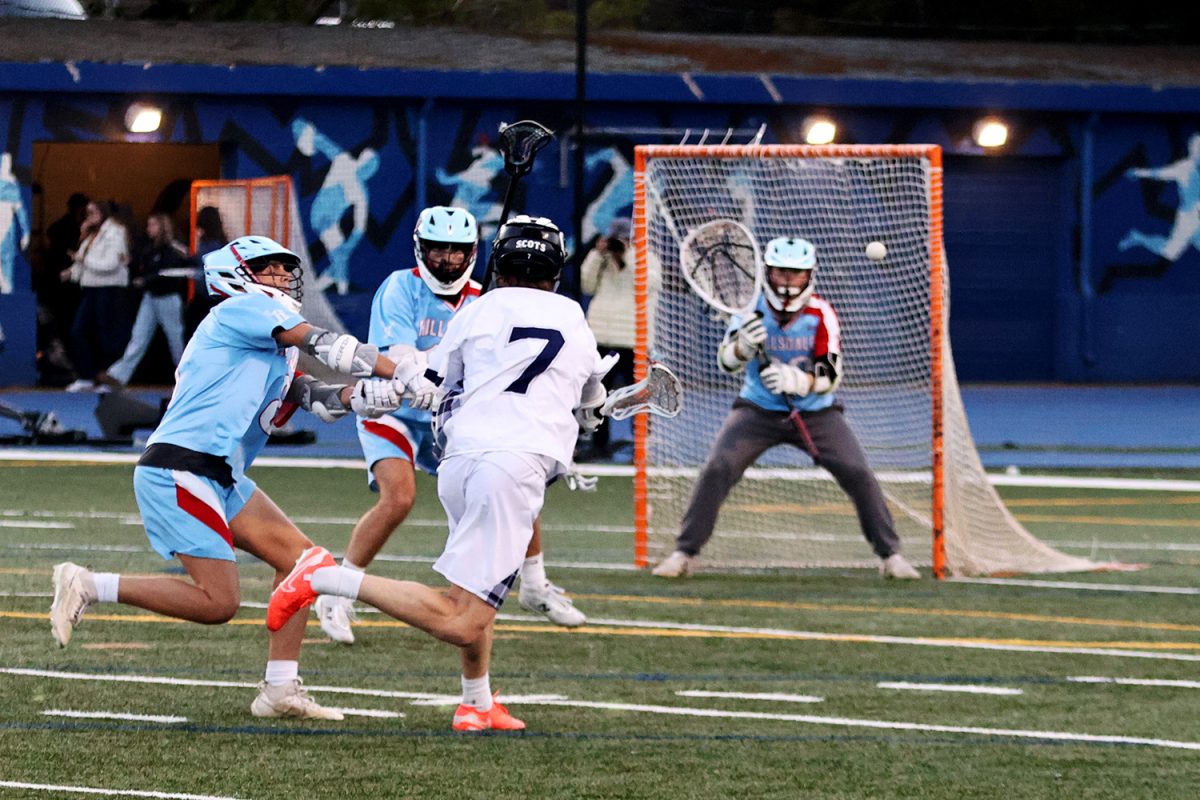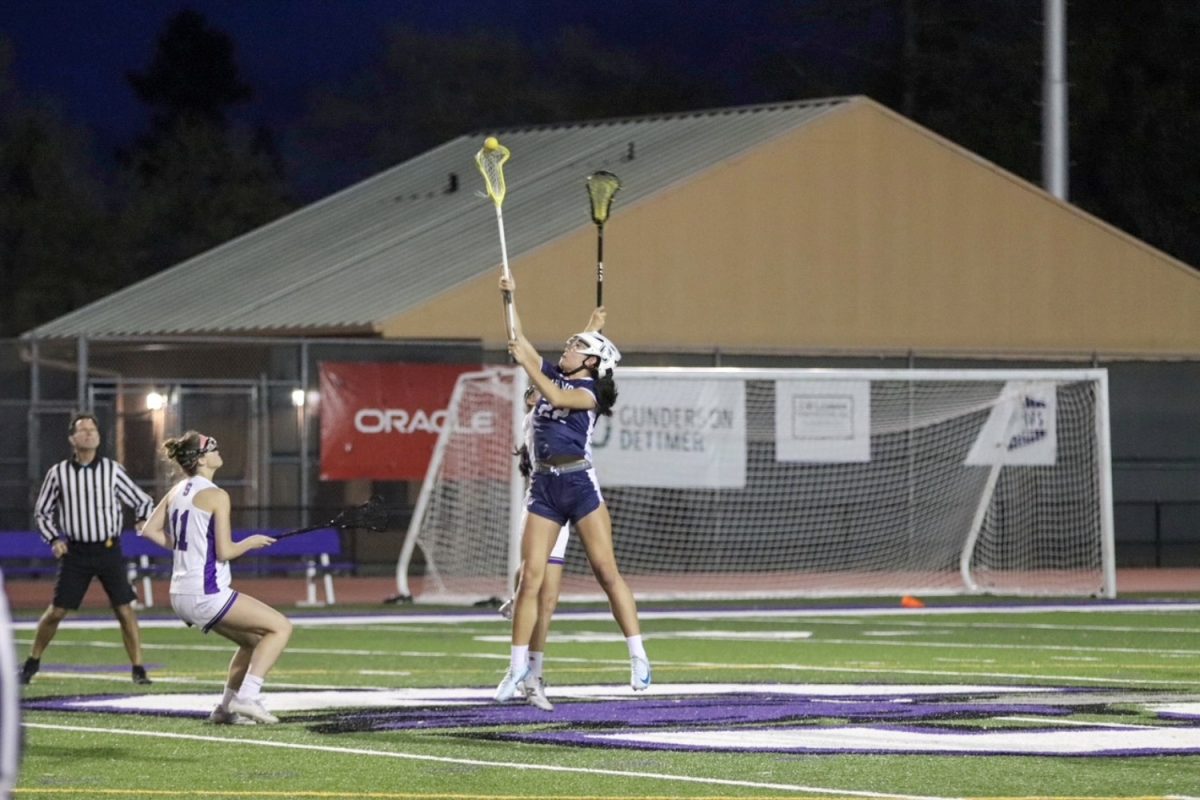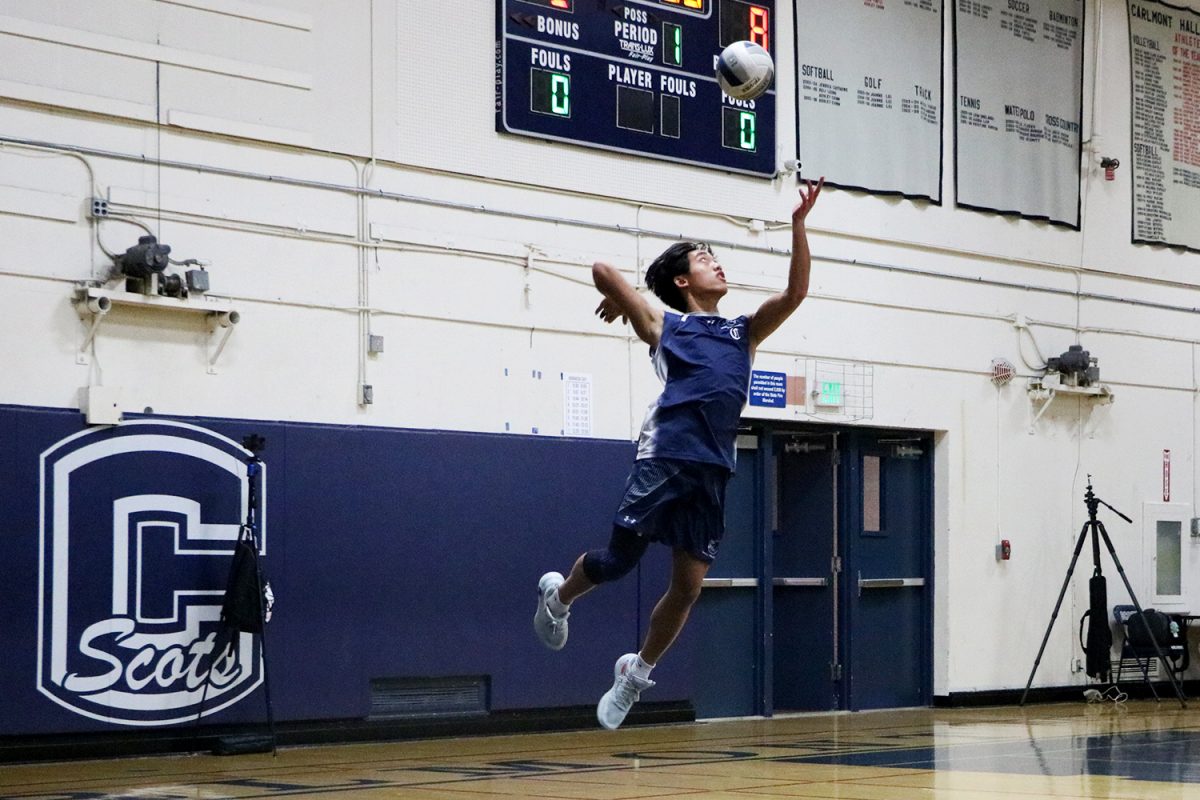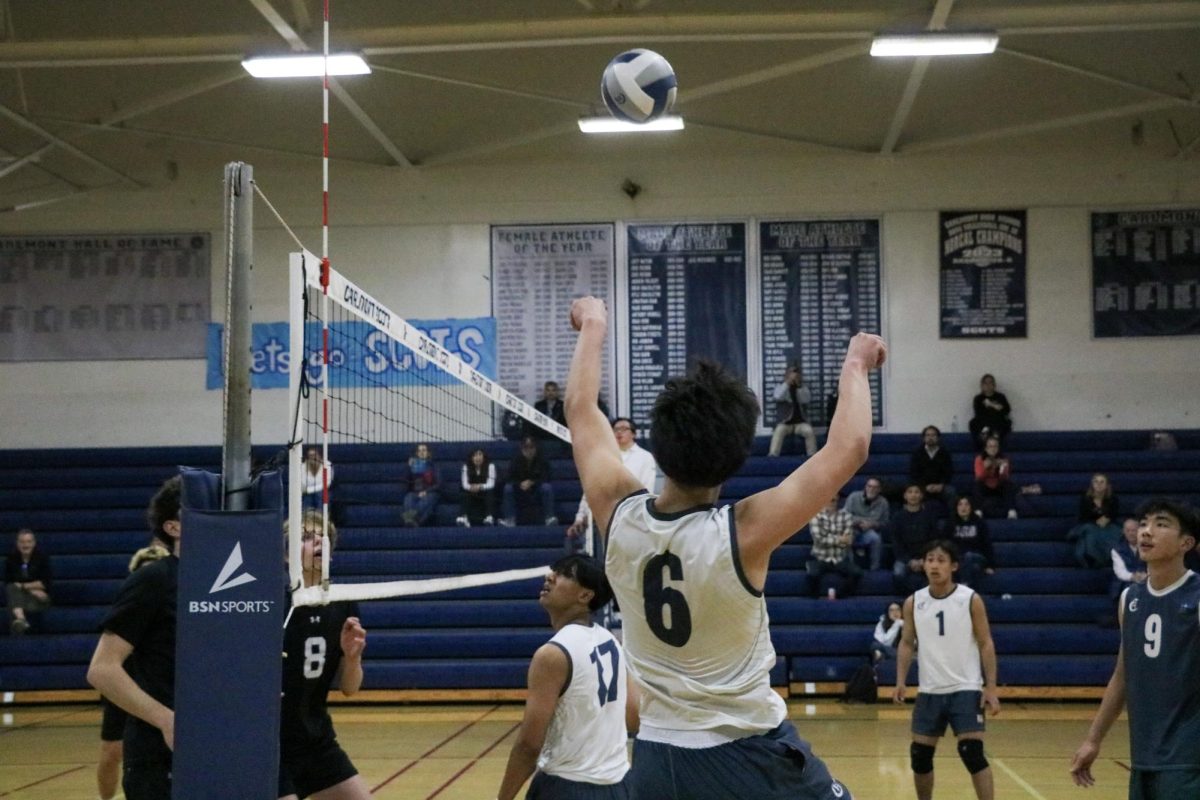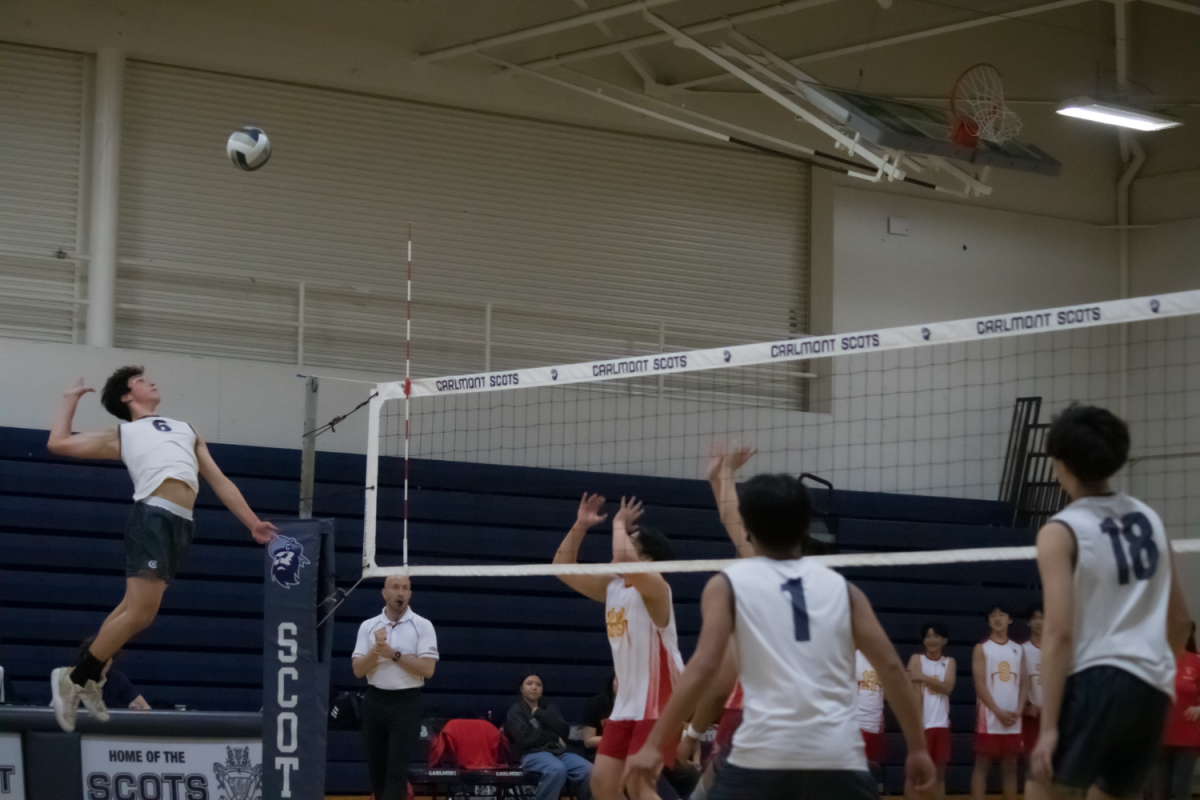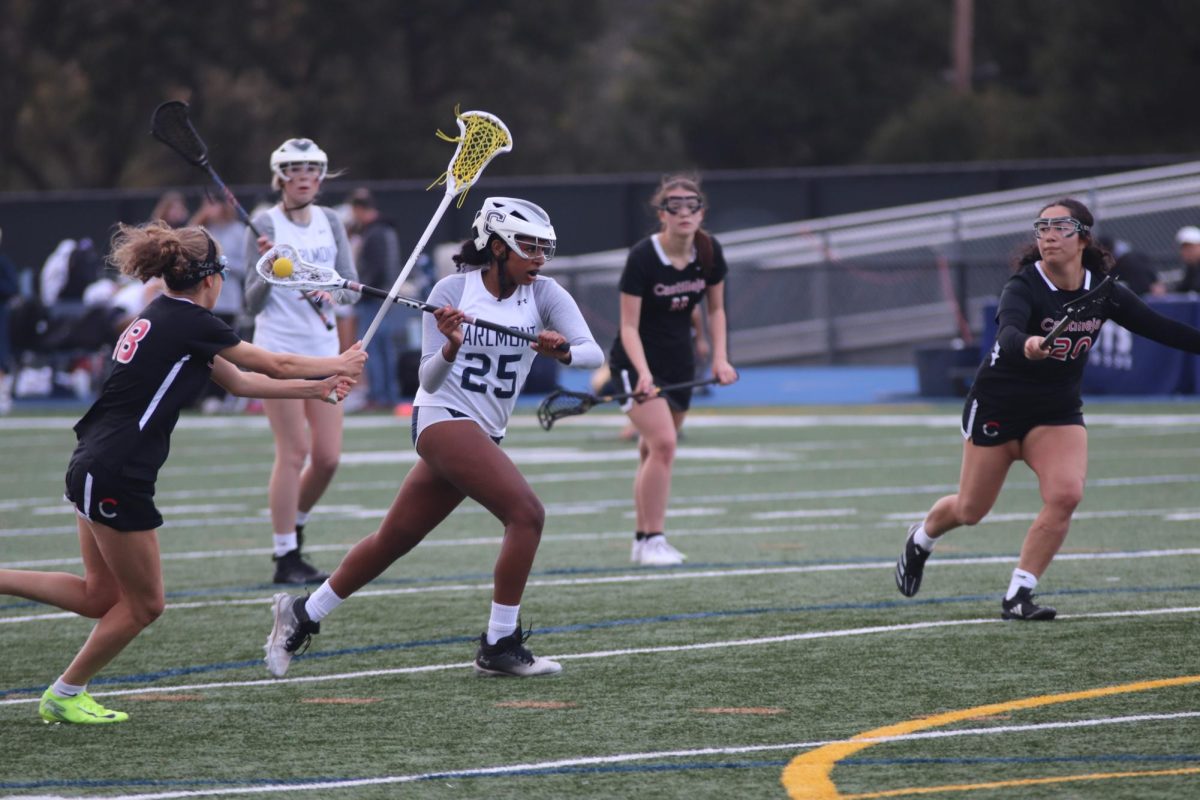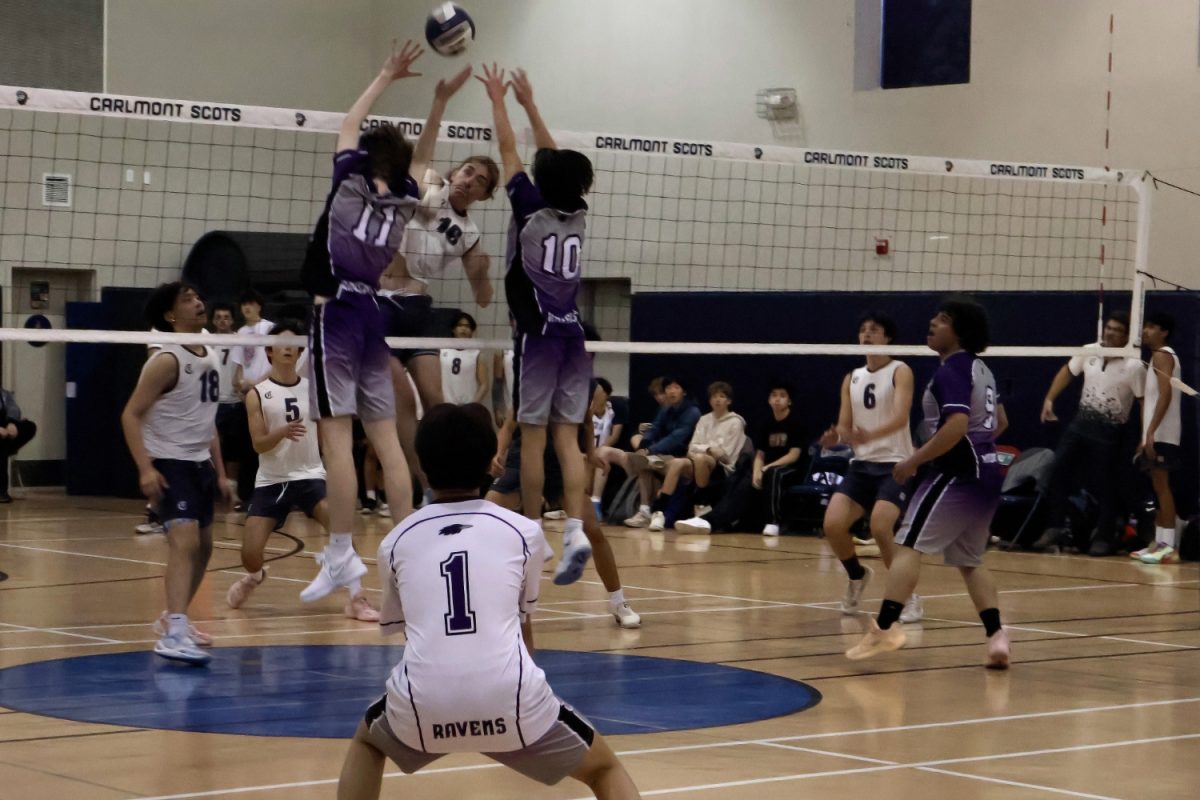Every year, fall signals the return of orange leaves, crisp weather, and high school football. However, as COVID-19 continues to disrupt normal life, high school football has been unable to return to California, affecting students, players, and coaches alike.
High school football is a staple at Carlmont, with packed crowds always filling games and the Screamin’ Scots radiating school spirit from the stands. The impacts of canceling an activity so central to Carlmont’s culture are widespread. This year, there will be no annual homecoming game, no associated parade, and no dance.
“I miss the community aspect of games and being able to hang out with my friends, support the team, and meet new people,” said Quinn Mansfield, a sophomore and avid fan of the football team.
Still, the ones who have been affected most are the players and coaches themselves.
For players, Carlmont football is more than just a team, it is a family. Together, they improve their techniques and set goals for themselves.
“To me, football is a family and a way to achieve goals and learn lessons in life,” said Samer Shameih, a sophomore and offensive lineman.
However, with the global pandemic devastating California, this family dynamic has been disrupted. While the main football season takes place in the fall, conditioning and practices typically happen year-round. Due to long periods of quarantine throughout the year, these crucial practices have been scrubbed from the calendar, causing players to lose momentum and valuable time to build relationships and work on their technique.
“Personally, it has been a bummer since the season was delayed. Also, this virus messed up the offseason work and grinding for me,” Shameih said.
For example, the offensive line’s job is to work together as a unit to protect the quarterback. However, with canceled practices, the line has been deprived of the opportunity to build team cohesion and acquire the technical training necessary to execute their job. As any successful football team must be highly coordinated, this training deficit has stunted the ability of the team to build technical skills and camaraderie.
Players, however, have not been the only people impacted by the COVID-19 delay, as the coaches also have dealt with the daunting task of running a team during the pandemic. This effort is led by varsity head coach Eric Rado.
“The game of football requires 11 players to be on the same page and moving towards the same goal on the field and off for success,” Rado said. “Trust, communication, attendance, attitude, and effort are paramount.”
With large, full-team practices out the window, new leaders have risen to the challenge of leading smaller practices.
“The delay has allowed players opportunities to step up as a leader in their pod,” Rado said.
With the return of high school football scheduled for December, players are restless for the season to return. Many have been posting on social media about their desire to play football again. However, players understand that safety is of the utmost importance and that to protect the team as a whole, it is best for the season to be delayed so the Scots can bounce back better than ever.
“As a coach, I am able to reflect and try some new things with our strength and conditioning, along with our fieldwork under current regulations by our district. I enjoy seeing our players develop,” Rado said.

